In recent years, artificial intelligence (AI) has made significant advancements, revolutionizing various industries by automating processes and improving efficiency. However, when it comes to Human Resource Information Systems (HRIS), there are fundamental reasons why AI cannot fully replace human judgment and decision-making. While AI has its merits, it falls short in addressing the complex and nuanced nature of HR functions. In this article, we will explore the limitations of AI in HRIS and why it cannot wholly replace human involvement.
Lack of Emotional Intelligence
One of the critical aspects of HR is dealing with people, and emotions play a vital role in human interactions. While AI has made impressive strides in natural language processing and sentiment analysis, it still struggles to comprehend emotions accurately. HR professionals often deal with delicate situations such as employee grievances, conflict resolution, and performance management, which require empathy, intuition, and emotional intelligence. AI, by its very nature, lacks the ability to empathize, understand social dynamics, or respond appropriately to nuanced emotional cues.
Contextual Understanding
HRIS processes involve a wide range of data, including resumes, performance evaluations, employee feedback, and historical records. While AI algorithms can analyze vast amounts of data and identify patterns, they often lack the context necessary to make accurate judgments. HR decisions often require a deep understanding of organizational culture, individual employee circumstances, and legal and ethical considerations. Human judgment is invaluable in assessing contextual factors that can significantly influence HR-related outcomes.

Unconscious Bias
Unconscious Bias
AI algorithms learn from existing data, which means they can inadvertently perpetuate biases present in the training data. HRIS systems powered by AI may inadvertently discriminate against certain demographics, reinforce existing prejudices, or overlook the value of diversity and inclusion. While efforts can be made to mitigate bias in AI algorithms, complete elimination of bias remains challenging. Human oversight and intervention are crucial to ensuring fairness and equity in HR processes.
Complex Decision-Making
HR professionals are often required to make complex decisions that involve balancing the needs of individuals with those of the organization. These decisions may include promotions, terminations, employee development plans, and strategic workforce planning. While AI algorithms can provide data-driven insights and recommendations, the final decision-making power must remain with human professionals. HR decisions often require considering multiple factors, aligning with organizational objectives, and incorporating subjective elements that cannot be accurately captured by AI alone.
The Human Touch
HR is not solely about processing transactions or executing tasks; it also encompasses fostering relationships, building trust, and providing personalized support. Employees may need guidance, career advice, or emotional support, particularly during challenging times. AI, no matter how sophisticated, cannot replicate the human touch that is often necessary in HR interactions. Human professionals bring empathy, intuition, and the ability to understand and adapt to individual employee needs in a way that AI cannot replicate.
A Pitch Toward Humanity
While AI has the potential to enhance various aspects of HRIS, it is important to recognize its limitations. The complexity of HR functions requires the human touch, emotional intelligence, and contextual understanding that AI currently cannot fully replicate. HR professionals bring a unique set of skills, experience, and judgment that remain indispensable in handling complex employee-related matters. While AI can undoubtedly assist HR professionals in data analysis, automating repetitive tasks, and providing insights, it cannot replace the human factor that is essential for successful HR management. Embracing AI as a supporting tool rather than a replacement ensures the best of both worlds—technological advancements combined with human expertise—for effective HRIS implementation.
In Closing
Even prior to AI coming on the scene, companies have been struggling from poor implementations and failing to leverage the capabilities of their HR systems. I’m a fan of artificial intelligence, but it’s hard to consider taking your HRIS system to this level of complexity, when you haven’t succeeded at a basic level.


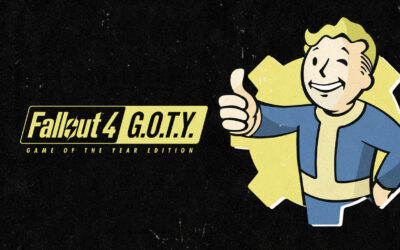


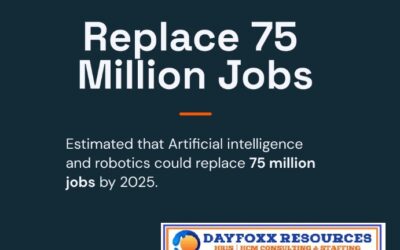

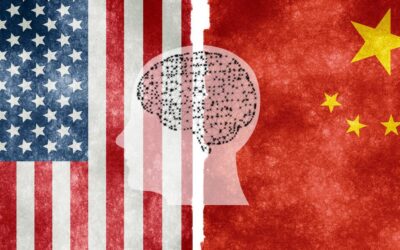


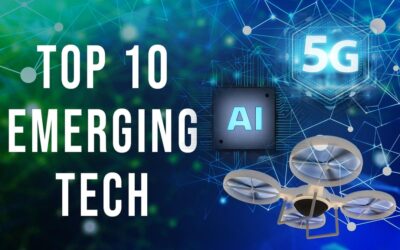
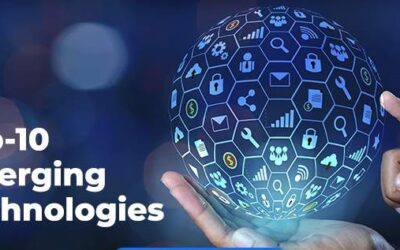
0 Comments